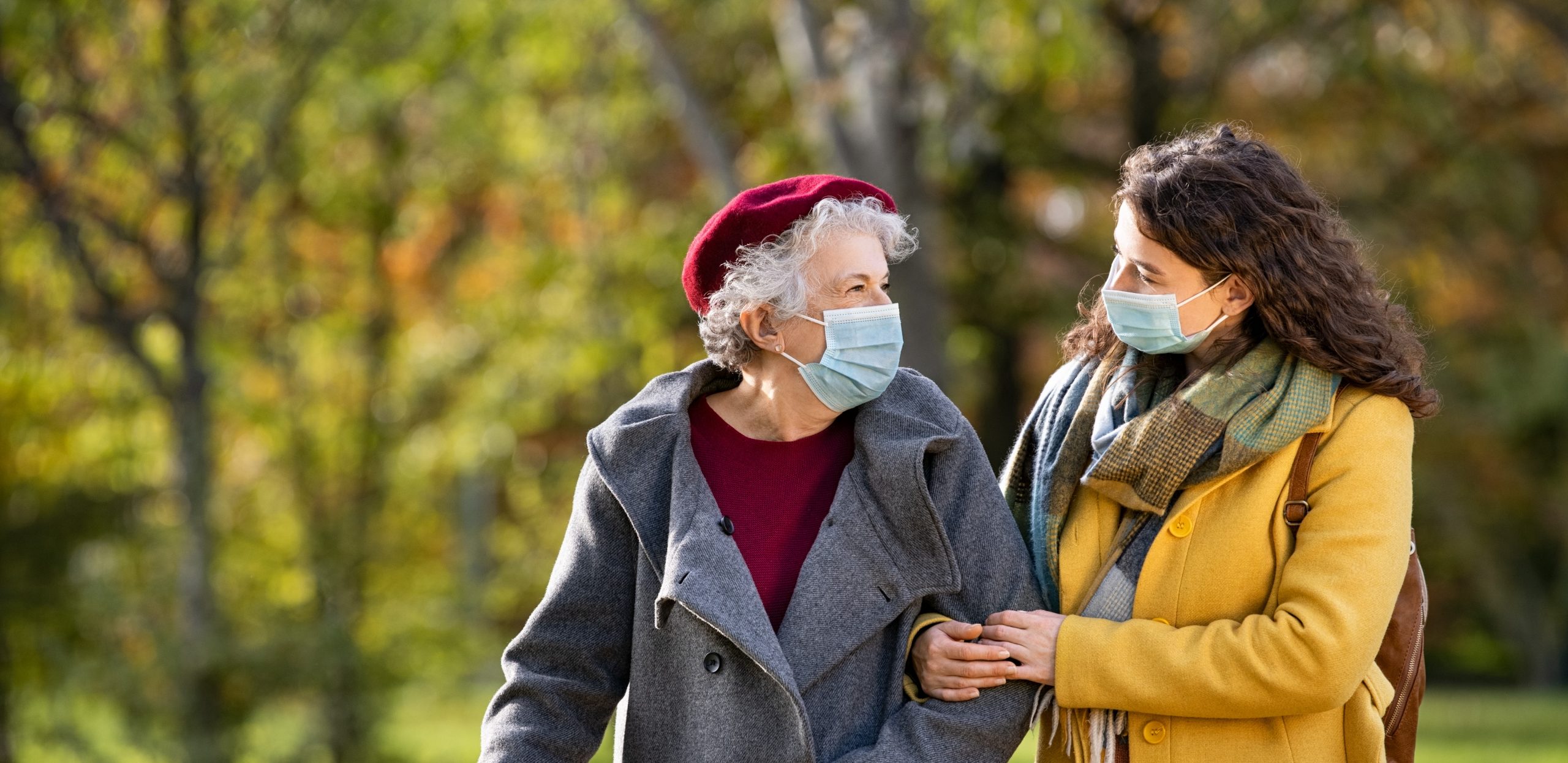We’re now two years into the pandemic, and the care and support sector has had to make some major adjustments to their service delivery in response to the COVID-19 crisis.
A number of standards have been amended or updated with significant new changes, to provide guidance on improving and standardising infection control processes, as well as ensuring that there are processes to manage workforce capacity and disaster readiness.
We’ve updated our self-assessments in SPP to reflect these changes, and thought it would be helpful to summarise the core themes that have emerged across the different major standards.
Core infection control and disaster response themes
The core themes that have appeared consistently in standards updates include:
- ensuring the workforce has the capacity, skills, training and equipment to implement infection prevention and control systems,
- planning for and sourcing an alternative workforce in the event of disruptions,
- developing, testing and reviewing an emergency and disaster management plan,
- reporting to the governing body on infection control processes and implementation/testing of the emergency and disaster management plan,
- testing, fitting and training in the use of PPE,
- training in hand hygiene, respiratory hygiene and cough etiquette,
- implementing stringent processes for communicating relevant information to family, patients and carers,
- undertaking routine environmental cleaning,
- ensuring workplace policies and procedures are in line with the relevant state or territory public health requirements,
- managing movement of staff between areas and supporting staff required to isolate, and
- procedures for waste management including safe storage and disposal of clinical waste.
These are some key areas that service providers should be addressing to ensure they are on top of their compliance requirements. Providers should check that they are familiar with any updates to standards that apply to their organisation. SPP can assist you with this, as we always update the modules on our platform in response to changes to standards.
Here are the main standards that have been updated to incorporate infection control requirements so far:
The updated Standards
National Safety and Quality Health Service Standards (NSQHS)
Changes to the NSQHS were introduced in May 2021 and include requirements to:
- plan for public health and pandemic risks,
- ensure the workforce has the capacity, skills, training and equipment to implement infection prevention and control systems,
- test, fit, train workers and use PPE, and
- ensure policies and procedures are in line with the relevant state or territory public health requirements.
NDIS Practice Standards
In November 2021 the NDIS Commission released a number of changes to these standards, to address:
- planning for alternative workforce arrangements in the event of disruptions,
- developing, testing, and reviewing emergency and disaster management plans,
- implementing infection prevention and control precautions throughout all settings,
- ongoing training on and supplies of PPE for workers, and
- waste management including safe disposal of clinical waste.
QIC Health and Community Service Standards
In February this year, an updated version of the QIC Standards was released, with updates addressing infection control requirements including:
- staff training in hand hygiene,
- infection prevention management program aligning with state and territory guidelines,
- regular cleaning of the environment, and
- waste management.
Australian Community Industry Standard
The Australian Community Industry Standard was also updated towards the end of last year to include the following infection prevention and control requirements:
- workplace preparation for pandemic,
- workforce response to pandemic consistent with advice from health authorities, and
- implementing and documenting an outbreak management plan.
RACGP Standards for General Practitioners
The RACGP Standards have seen a number of updates throughout 2021 and more recently in 2022, with the most recent update being in February 2022. The updated requirements address:
- increased requirements around telehealth consultations (e.g. ensuring privacy etc.),
- managing the risk of cross infection during a home visit,
- updated processes for isolating patients and traceability processes for identifying patients who have used instruments,
- establishing protocols for managing outbreaks of infectious disease in line with local, state and national guidance, and
- environmental cleaning.
Aged Care Quality Standards
While the Aged Care Quality Standards haven’t been updated with new infection control requirements, the Aged Care Quality and Safety Commission has released a number of resources to guide providers in their implementation of infection control requirements.
Resources to help you
We’ve developed and updated a number of resources in our platform to assist providers to manage infection control requirements under the standards that apply to them, as well as implement best practice processes. Here are some examples of how we can help:
- a module for the “First 24 hours – managing COVID-19 in a residential aged care facility”,
- a module to guide organisations to implement COVID-safe operations based on recommendations from Safe Work Australia,
- a module to guide organisations through the components they should address in developing infection control / respiratory outbreak plan based on recommendations from various sources including the Department of Health, the Aged Care Quality and Safety Commission, and the NDIS Quality and Safeguards Commission,
- resource templates including:
- an outbreak management plan checklist,
- an information sheet for employers on staff vaccination against COVID-19,
- first 24 hours – managing COVID-19 in a Residential Aged Care facility checklist,
- an emergency and disaster management plan,
- emergency and disaster management procedures,
- working from home policy,
- working from home agreement,
- client risk assessment.
